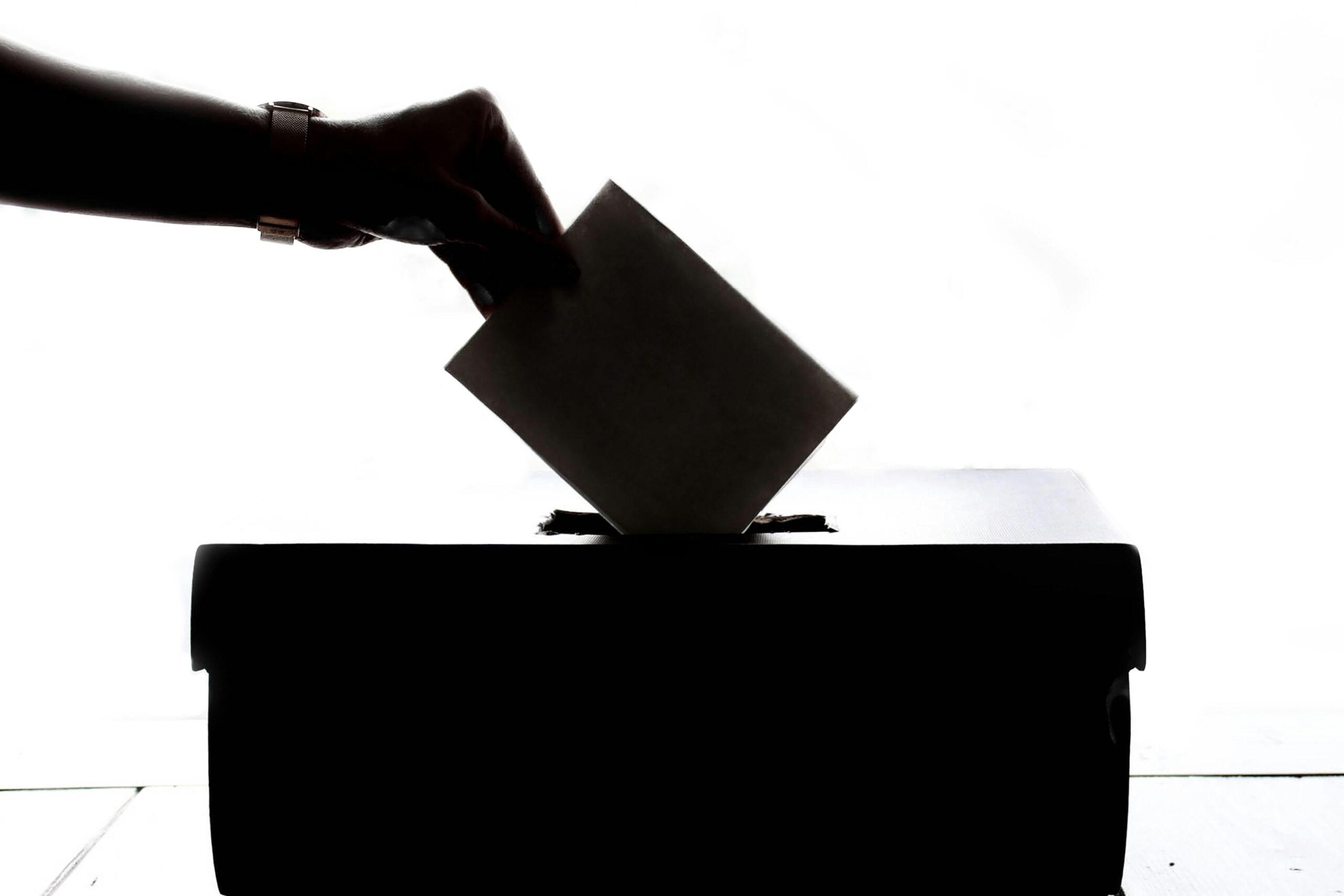Why Indiana Conservation Voters Advocates for a Healthy Environment and a Healthy Democracy
Perhaps you’ve noticed both during the legislative session and more recently that Indiana Conservation Voters is monitoring and engaging on democracy-related bills and activity in addition to focusing on our core conservation issues. You might wonder why.
It’s simple: We’ve got “voters” in our name, and our success as environmental advocates depends on our right as Hoosiers to express our views through free and fair elections. Attacks on voting rights make it harder for you to engage with your government, and that makes it harder to hold elected officials accountable for the decisions they make that affect our daily lives.
A fair, accessible, and transparent democratic process isn’t just nice to have. It’s the foundation for every environmental win advocates have achieved in Indiana. Without it, the fight for clean water protections, investment in reliable energy, and air quality safeguards becomes a steeper uphill climb.
Why We Engage on Democracy Issues
For Indiana Conservation Voters, democracy isn’t a side issue. It’s the system that makes every other policy possible. When that system works for everyone, people can elect leaders who reflect their priorities, including protecting our air, water, and energy future. When that system is manipulated—through voter suppression, gerrymandering or limits on public input—it tilts the playing field toward entrenched special interests, including polluting industries.
That’s why we monitor and speak out on democracy issues in Indiana all year long. Whether it’s legislation at the Statehouse, administrative rule changes, court decisions or political pressure campaigns, we pay attention to anything that affects Hoosiers’ ability to:
- Register to vote and stay registered without unnecessary barriers.
- Cast a ballot without facing undue restrictions or obstacles.
- Be fairly represented through transparent and equitable redistricting.
- Access government decision-making with meaningful opportunities for public input.
The “Habit-Forming” Power of Voting
Indiana ranks 46th in the nation for voter participation, with fewer than two-thirds of eligible voters casting a ballot in the 2024 general election. This is not just civics malpractice. It’s a policy problem. When fewer Hoosiers vote, it’s easier for powerful special interests to drown out community voices, especially on issues like renewable energy, water and air protections and pollution controls.
Research shows that voting is habit-forming. A 2003 Yale study found that voting in one election substantially increases the likelihood of voting in the future. If we want to improve Indiana’s dismal turnout, especially among young voters, we need to make it easier for them to get started.
One promising solution might be voter pre-registration. In states that allow it, 16- and 17-year-olds can register in advance, and when they turn 18, they’re automatically added to the active voter rolls. It’s a simple policy change that could help turn first-time voters into lifelong voters who will show up again and again to elect leaders who care about their communities and the environment.
How “Small” Barriers Add Up
It’s tempting to look at a single voting restriction and say, “Well, people can adapt.”
Take, for example, a bill that passed during the 2025 legislative session that removed student IDs from the list of acceptable voting identification, placing one more roadblock in their path. Young voters are more likely to have recently moved, lack access to transportation, or not yet have a driver’s license with their current address.
As Indiana Conservation Voters testified:
Encouraging young people to participate in elections and imparting a habit of civic participation is vital for the health of our democracy. Considering Indiana’s bottom-of-the-barrel voter turnout, it’s difficult to understand why a ban on student ID is necessary. Student IDs have long been an acceptable form of identification for voting age students, and there’s been no evidence that they are being used to commit voter fraud.
“Small” barriers are how democracy dies by a thousand paper cuts. Each one may seem insignificant in isolation, but over time, they accumulate into a system that is harder to navigate, especially for younger voters, rural voters, and historically underrepresented communities.
Those barriers matter for environmental progress because they reduce the diversity and breadth of voices that decision-makers hear. When participation shrinks, it often leaves more room for rich and powerful interests to oppose clean energy transitions, stronger pollution controls or water protections.
When Outsiders Push for Rule Changes Mid-Game
When it comes to gerrymandering, ICV has made it clear that Indiana isn’t a playground for partisan power grabs, and we won’t let outsiders like Vice President J.D. Vance tell us how to run our state.
VP Vance was recently in Indiana pushing lawmakers to redraw our Congressional districts years before redistricting is even scheduled to happen or new census data is collected. That’s not how we do things here. Hoosiers play fair. We believe in honest elections, fair maps and a democracy that works for all of us.
Mid-decade redistricting is not just unusual—it’s likely unconstitutional. It undermines the principle of fair representation and erodes public trust in the democratic process. Instead of letting outside political operatives dictate Indiana’s future, we remain committed to protecting our independent redistricting process and ensuring it reflects accurate population data from the U.S. Census.
Our Commitment to Democracy and Environmental Policy
When Hoosiers have full and fair access to the ballot, they can choose leaders who will prioritize clean air, land, and water in Indiana. When voting rights are restricted or political boundaries are manipulated to entrench power, the voices pushing for clean energy and environmental protections are harder to hear.
If we want better environmental laws in Indiana, we must defend the democratic processes that make those laws possible.
Indiana Conservation Voters will continue to monitor, engage on and advocate for democracy reforms year-round—not just during legislative session—because protecting the right to vote is essential to protecting our environment.
That means:
- Speaking out against any attempt to limit voting rights or manipulate district boundaries.
- Supporting policies that expand access, like voter pre-registration and secure, convenient voting options.
- Educating Hoosiers about how democratic participation connects directly to environmental outcomes.
We fight for both a healthy democracy and a healthy environment because the two are inseparable. Protecting one means protecting the other.



